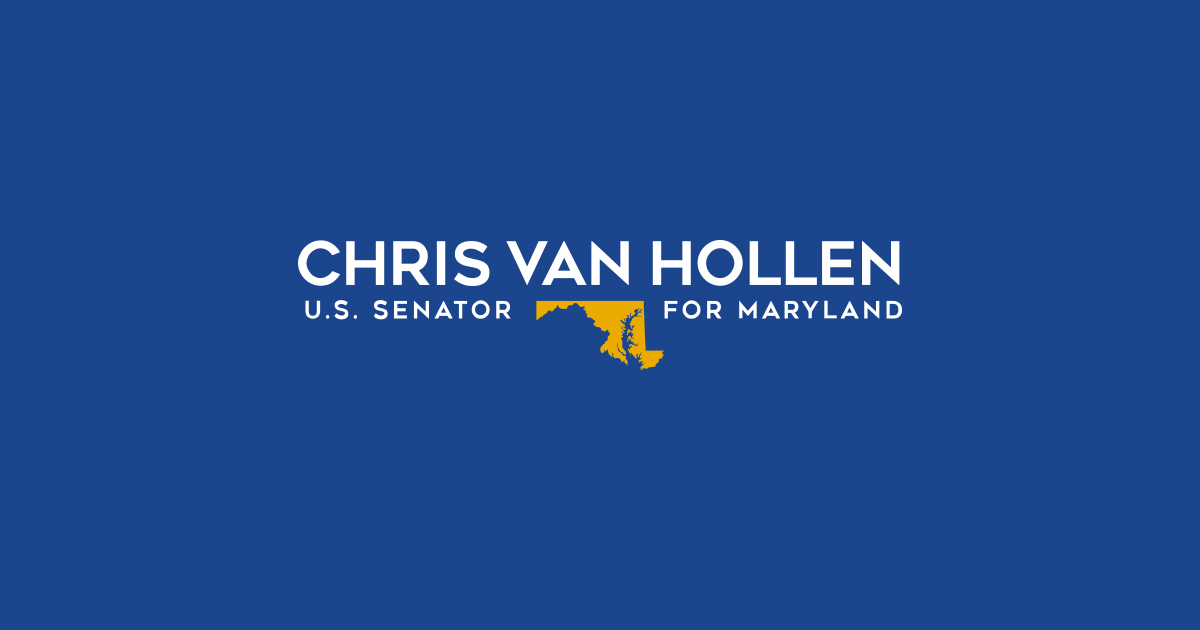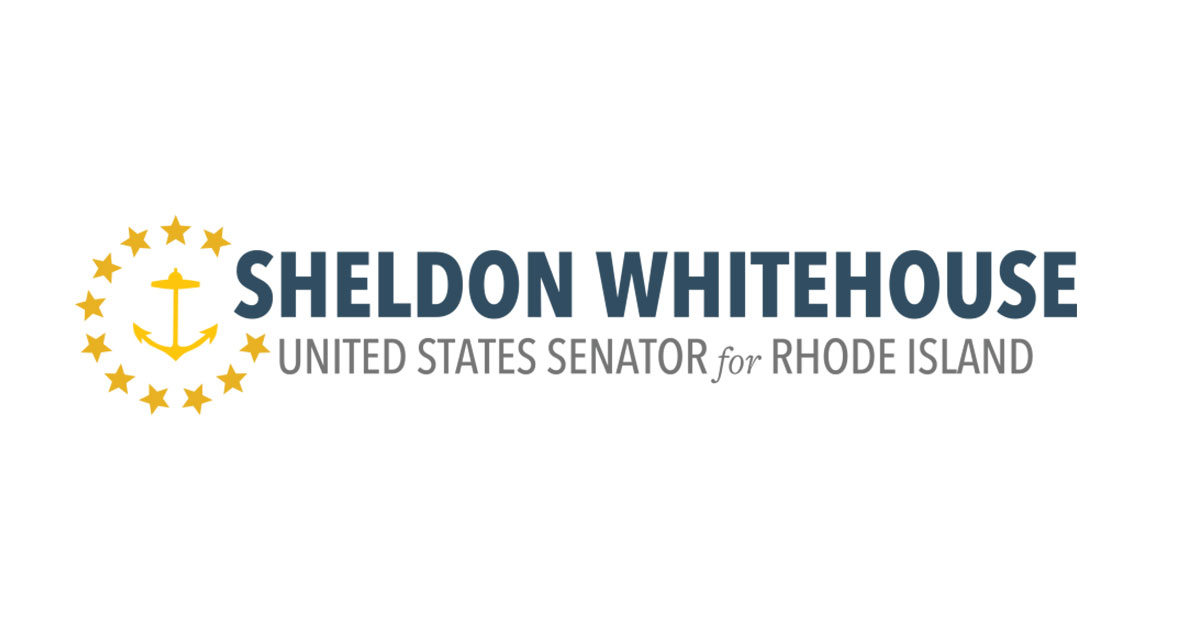Source: United States Senator for Delaware – Tom Carper
WASHINGTON, D.C. — Today, Senator Tom Carper, (D-Del.), Chairman of the U.S. Senate Committee on Environment and Public Works will hold a hearing to highlight the need to restore and protect our nation’s coasts from the impacts of climate change.
Below is Chairman Carper’s opening statement, as prepared for delivery:
“We’re here today to discuss two immensely important and related topics — climate change and coastal restoration. Having this discussion in the communities that directly feel the impacts of climate change brings new perspectives and a greater sense of urgency to our work.
“So, to everyone who has traveled to Bethany Beach, Delaware to join us today, thank you.
“The US Army Corps of Engineers (Corps) is a principal steward of our nation’s water infrastructure. The Corps plays a critical role in the construction and maintenance of much of the infrastructure we see around us in Delaware, such as our port and our wetlands, marshes, and beaches.
“The Corps is also responsible for operating America’s water highway, a 12,000 mile-long system of inland waterways that are vital to domestic and international commerce. Each year, this expansive system moves more than 500 million tons of commodities. This includes 60 percent of the nation’s agricultural exports. The Corps’ action to operate and maintain this system results in an economic benefit of nearly $14 billion each year.
“The Corps is also tasked with protecting our communities and infrastructure from floods and coastal storms. In 2020 alone, these efforts amounted to more than $250 billion in damage prevention and reduction.
“And that’s not all. As we’ve seen in Delaware — and across our nation — when these ecosystems are protected by the Corps, communities are protected and important wildlife habitat is conserved.
“These restoration activities also drive tourism and ecotourism economies. For example, people travel from all over to enjoy Delaware’s beaches and observe our beloved horseshoe crabs and migratory birds.
“In the United States, more than 128 million people live in coastal counties, which represents more than 40 percent of our nation’s population. If coastal counties were their own nation, they would rank third in the world in gross domestic product — beaten only by China and the U.S. as a whole.
“Unfortunately, these population centers — these engines of our economy — are under constant threat from climate change and many times do not compete well for federal assistance due to antiquated budgeting procedures.
“Since 1901, global sea levels have risen by nearly ten inches. However, many coastal states have witnessed sea level rise greater than eight inches since 1960.
“A recent report from the National Oceanic and Atmospheric Administration projects that this trend will accelerate in the next 30 years unless we intervene. The report explains that the United States will experience a profound increase in the frequency of coastal flooding, even in the absence of storms or heavy rainfall.
“The signs are clear — we must make our infrastructure both more resilient and more nature-based to withstand our changing climate.
“In Delaware, we have demonstrated that we can protect communities and the environment while also growing our economy. But the continued threats from climate change are threatening this balancing act.
“The same can be said for Louisiana. On average, Louisiana loses a football field of wetlands to the sea every 100 minutes. An area roughly the size of Delaware has been lost since 1930.
“Think about that — an area roughly the size of Delaware has washed away along the coast of Louisiana in less than 100 years. And this will only speed up if we fail to take the proper action.
“We must attack this crisis on all fronts, addressing both the root causes of climate change while also repairing the damage that we have already experienced. The latter is where the Corps plays a vital role.
“Despite the Corps’ historical effectiveness at managing flood and coastal storm damages, the worsening threat of climate change demands that the agency adapt to better protect our coasts. To help the agency do so, Congress needs to give the Corps the proper budget and necessary authorities.
“Last year, President Biden signed the Infrastructure Investment and Jobs Act into law. This law, combined with expected annual appropriations and supplemental spending, will give the Corps an estimated $100 billion to spend over the next five years. This historic investment will allow the Corps to clear its deck of backlogged projects across the country and free up additional funds that must be used to address key initiatives in our battle against climate change.
“To refocus the Corps’ mission around climate change, I, along with my dear friend, Congresswoman Blunt Rochester, as well as Senator Cassidy and Congressman Graves from Louisiana, have introduced the Shoreline Health Oversight, Restoration, Resilience, and Enhancement Act, or “SHORRE” Act.
“The SHORRE Act will empower the Corps to protect our nation’s coasts from the effects of climate change. Our bill does this by elevating coastal restoration to a primary mission of the agency and promoting the development of sustainable, nature-based resilience projects. It also facilitates the Corps’ work with state and local partners on climate mitigation and ecosystem restoration projects.
“We look forward to discussing the SHORRE Act with our colleagues in Congress and working to include it as part of our bi-annual water infrastructure legislation. Still, there is more we must do to ensure that the Corps has the tools it needs to properly protect our coasts against the growing threat of climate change.
“This leads us to today’s hearing. We will soon hear from a diverse panel of witnesses, including two coastal governors, senior Army Corps officials, and stakeholders who are deeply invested in the health and resiliency of our nation’s coasts. I am eager to hear from each of you as we discuss the critical intersection of climate change, our coasts, and the U.S. Army Corps of Engineers.”
###




